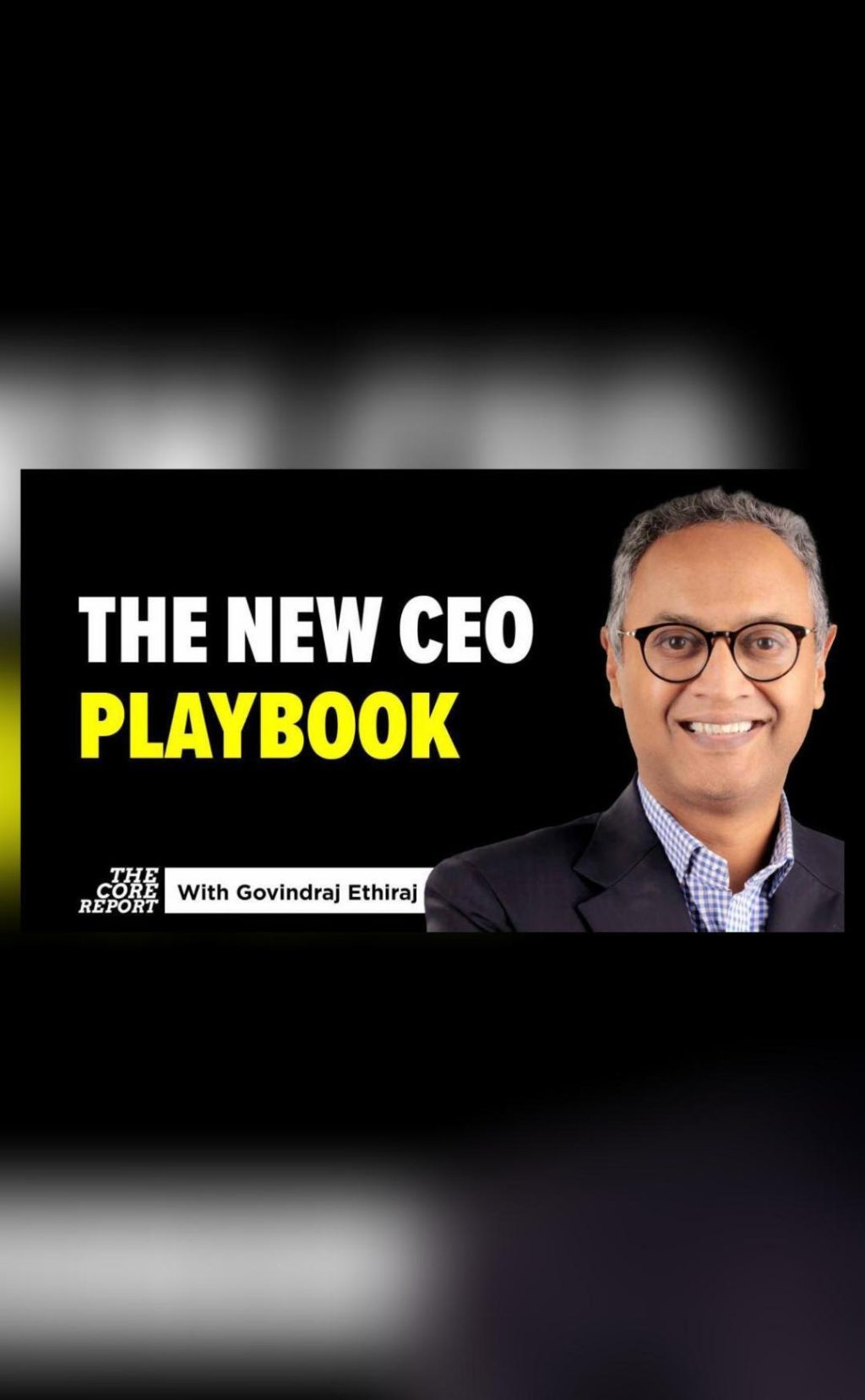
The New CEO Playbook: AI Pressures & Global Tariff Shocks
As AI reshapes industries and tariff shocks disrupt trade, global CEOs face unprecedented challenges. From internal pressures to automate and innovate, to external forces like shifting trade policies, business leaders must rethink strategy and operations. With no guarantee of stability, companies are being pushed to localise, adapt, and reconsider long-held business models.
The CEO playbook has always been about navigating uncharted territory, but the current landscape is unlike anything seen before. AI is transforming industries, creating new opportunities and challenges for companies to stay ahead of the curve. Meanwhile, global tariffs are disrupting trade patterns, forcing businesses to rethink their supply chains and pricing strategies.
In this blog post, we’ll explore the new CEO playbook and the strategies that are emerging to help companies thrive in this rapidly changing world.
The AI Revolution
AI is transforming industries at an unprecedented pace. From healthcare to finance, manufacturing to logistics, AI is changing the way businesses operate. CEOs must adapt to this new reality, investing in AI-powered solutions to improve efficiency, reduce costs, and enhance customer experience.
However, the AI revolution is not without its challenges. As companies automate and innovate, they must also ensure that their workforce is equipped to work alongside AI. This requires significant investment in upskilling and reskilling, as well as a shift in company culture to prioritize creativity and human judgment.
Global Tariff Shocks
The global trade landscape is undergoing a significant shift, with tariffs and trade policies changing rapidly. CEOs must navigate this uncertainty, adapting their supply chains and pricing strategies to stay ahead of the curve.
The impact of tariffs is far-reaching, affecting not just trade volumes but also global economic growth. As companies face increased costs and reduced demand, they must adapt to survive. This may involve localising production, diversifying supply chains, and investing in digital trade platforms.
The New CEO Playbook
So, how can CEOs navigate this complex landscape? The new CEO playbook is all about adaptability, innovation, and collaboration. Here are some key strategies emerging:
- Localise and Adapt: With global trade patterns in flux, CEOs must localise their operations to stay ahead of the curve. This may involve setting up local production facilities, partnering with local suppliers, and adapting products to meet regional demands.
- Invest in AI: AI is transforming industries, and CEOs must invest in AI-powered solutions to improve efficiency, reduce costs, and enhance customer experience.
- Upskill and Reskill: As AI changes the nature of work, CEOs must invest in upskilling and reskilling their workforce to ensure that employees are equipped to work alongside AI.
- Diversify Supply Chains: With global tariffs disrupting trade patterns, CEOs must diversify their supply chains to reduce dependence on any one region or supplier.
- Collaborate and Innovate: The new CEO playbook is all about collaboration and innovation. CEOs must partner with other companies, startups, and governments to drive innovation and stay ahead of the curve.
- Rethink Business Models: With no guarantee of stability, CEOs must rethink their business models to ensure that they are adaptable to changing circumstances.
Case Studies
So, what do these strategies look like in practice? Here are a few case studies:
- GE Appliances: In response to global tariffs, GE Appliances invested in localising production in the United States, partnering with local suppliers and adapting products to meet regional demands.
- Amazon: Amazon has invested heavily in AI-powered logistics, using machine learning to optimize delivery routes and improve customer experience.
- Toyota: Toyota has diversified its supply chains, partnering with local suppliers and investing in digital trade platforms to stay ahead of the curve.
Conclusion
The new CEO playbook is all about adaptability, innovation, and collaboration. As AI reshapes industries and global tariffs disrupt trade, CEOs must rethink their strategy and operations to stay ahead of the curve. With no guarantee of stability, companies are being pushed to localise, adapt, and reconsider long-held business models.
The future is uncertain, but one thing is clear: CEOs who adapt to change and invest in innovation will thrive in this rapidly changing world.
Source:






